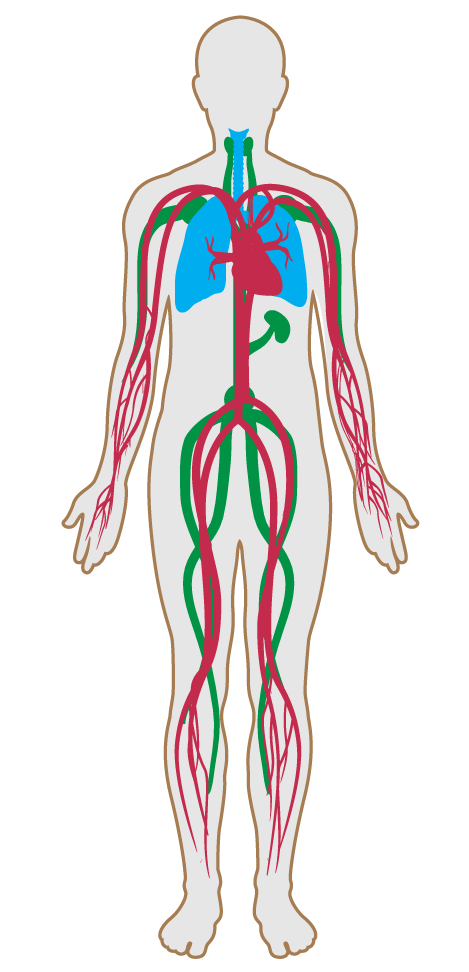Construction pollution management
Features/Air/Feature 07
- 01 Air quality standards
- 02 Smoking ban
- 03 Ventilation effectiveness
- 04 VOC reduction
- 05 Air filtration
- 06 Microbe and mold control
- 07 Construction pollution management
- 08 Healthy entrance
- 09 Cleaning protocol
- 10 Pesticide management
- 11 Fundamental material safety
- 12 Moisture management
- 13 Air flush
- 14 Air infiltration management
- 15 Increased ventilation
- 16 Humidity control
- 17 Direct source ventilation
- 18 Air quality monitoring and feedback
- 19 Operable windows
- 20 Outdoor air systems
- 21 Displacement ventilation
- 22 Pest control
- 23 Advanced air purification
- 24 Combustion minimization
- 25 Toxic material reduction
- 26 Enhanced material safety
- 27 Antimicrobial activity for surfaces
- 28 Cleanable environment
- 29 Cleaning equipment
- P9 Advanced cleaning
Construction pollution management
Intent:
To minimize the introduction of construction-related pollutants into indoor air and protect building products from degradation.
BACKGROUND
Proper design and material selection is essential in creating healthy indoor air quality. However, this strategy can be compromised if equal care is not taken during construction to clear the space of dust, chemical vapors and other debris. Pollutants inadvertently introduced into the space can lead to various respiratory symptoms and will increase the likelihood of failing indoor air quality standards.
To prevent pollutants from entering the air supply post-occupancy, if the ventilation system is operating during building construction occurring within one year prior to Performance Verification, the following requirement is met:
a.1
All filters are replaced prior to occupancy.
To prevent building materials from absorbing water or moisture during construction occurring within one year prior to Performance Verification, the following requirements are met:
a.1
A separate area is designated to store and protect absorptive materials, including but not limited to carpets, acoustical ceiling panels, fabric wall coverings, insulation, upholstery and furnishings.
The following procedures are followed during building construction occurring within one year prior to Performance Verification:
a.1
All active areas of work are isolated from other spaces by sealed doorways or windows or through the use of temporary barriers.
b.1
Walk-off mats are used at entryways to reduce the transfer of dirt and pollutants.
c.1
Saws and other tools use dust guards or collectors to capture generated dust.

